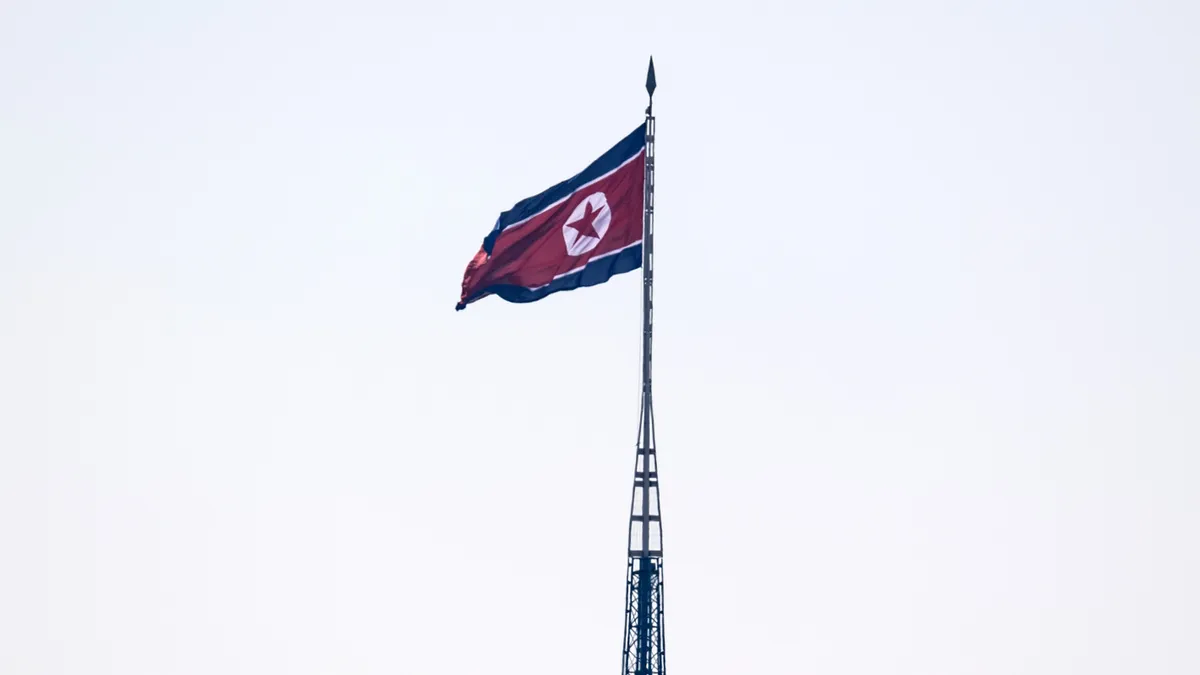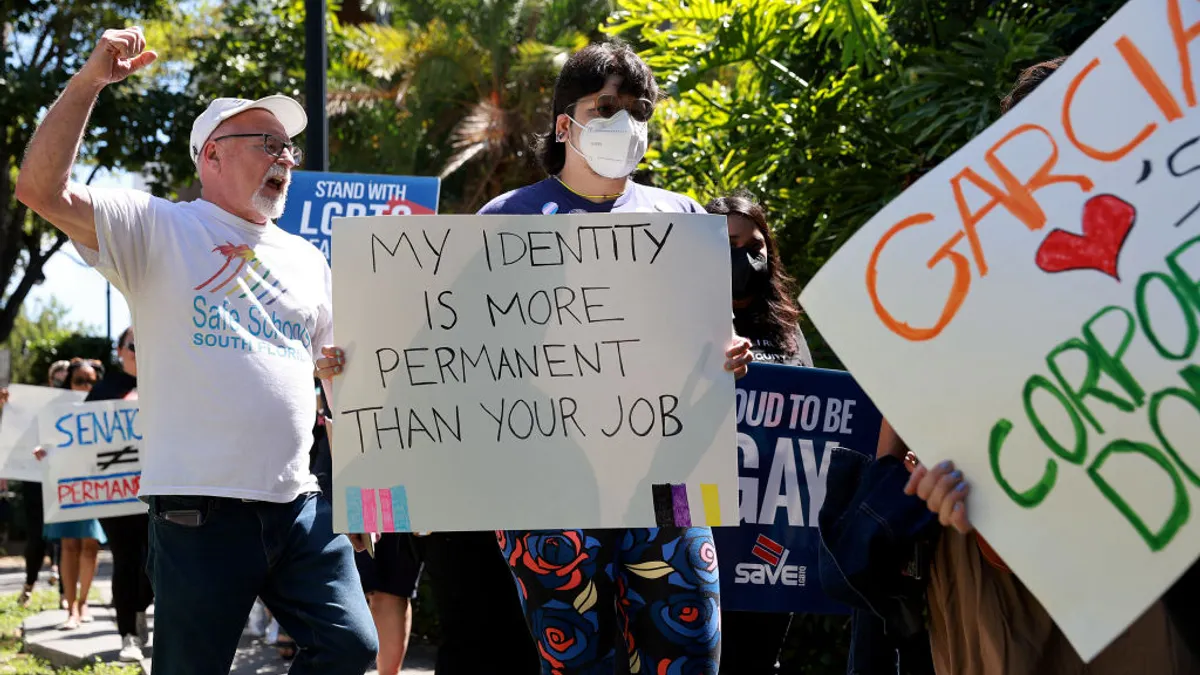The U.S. Supreme Court recently held in a 5-4, party-line decision that an employer can require that workers arbitrate disputes individually, waiving their right to class or collective actions. The controversial, but not wholly unexpected, ruling in Epic Systems Corp. v. Lewis is widely considered a win for employers, especially those at risk of class action lawsuits and multi-million dollar recoveries.
But, many attorneys are urging caution, recommending that employers refrain from rushing toward widespread use of the alternative method of dispute resolution.
Arbitration isn’t a one-size-fits-all solution
Each employer has to do an analysis of its litigation claim activity, John Lewis, a partner in the Cleveland office of Baker & Hostetler, LLP told HR Dive. Employers should consider how many claims they are getting, he said; "If you have one or two lawsuits, it may not make sense to jump into an arbitration agreement."
Arbitration can be quite expensive, Lewis said. Under most arbitration agreements, the company agrees to pay anything beyond the normal filing fee. Typically, there’s one arbitrator; but, in certain instances there might be more than one and the arbitration might go longer than one day. So, not counting attorney’s fees, you could hit easily hit $25,000, Lewis said.
In some instances, it’s better not to trigger the arbitration procedure, Lewis said, and let state administrative procedure run. If a case lands in a state like Ohio where you have the option to choose an administrative hearing, the matter could proceed in that forum because, “employers don’t have a lot to worry [about] as those claims are single complainant cases. There’s an administrative law judge and the chance of a runaway jury verdict, because there is no jury, is small,” Lewis said. This can be a cost-effective, efficient way to handle the dispute without going to arbitration, he said.
It's also important to ensure that a duty to arbitrate doesn’t cover claims such as medical and benefit claims, which are already handled by insurance and other means, Lewis said. They have their own dispute resolution procedures, he said, adding that you don’t want to throw those to arbitration via "drafting accident." "Courts are very deferential to those determinations," he said.
“You agree to arbitrate unless there’s already a dispute resolution procedure in place. If there is, then that procedure will be followed. Otherwise, you will pursue arbitration,” he said.
“You don’t want to arbitrate everything,” Lewis continued. “Carefully think through what kind of claims you might have and how it’s best to resolve them,” he said. Arbitration is not an “all or nothing” situation and people running to arbitration agreements is part of the problem; think about it, Lewis cautioned.
It's true that enforceable employment arbitration agreements with class and collective action waivers can help minimize potential liability, Megan Walker, an associate in the San Diego office of Fisher & Phillips LLP, told HR Dive via email. But other factors, like the loss of appeal rights, the cost of arbitration fees and specific legal barriers under state law such as the inability to compel actions under California’s Private Attorneys General Act to arbitration, could weigh against the use of employment arbitration agreements, she said; “there is no 'one-size-fits-all' answer."
Most of the time, arbitration is cheaper and faster than litigation, according to Philip Miles III, a sharedholder with Pennsylvania law firm McQuaide Blasko. But there are downsides, he told HR Dive in an email. Arbitration offers limited appeal options; that's great if you win, but not-so-great if you lose, he said.
Claims that would be better handled in one consolidated class or collective case as well as fractured rulings — you may win one case, but then lose the next — are other possibilities in arbitration, Miles said.
Employers also may face backlash from forcing employees into secret one-on-one arbitration, Miles said. For example, the #MeToo movement has been very critical of serial harassers essentially evading detection because their cases were repeatedly resolved in confidential proceedings, or with confidential settlement agreements, Miles noted.
Impact on employment law claims
The Supreme Court’s ruling allowing employers to block employees from banding together to fight legal disputes is widely regarded as affecting all employment law claims from wage and hour issues to sexual harassment — and courts are already starting to apply the opinion.
Expressly mentioning the decision, a Michigan federal trial court ruled just days later that it would compel arbitration for most of the plaintiffs in a race discrimination suit brought against the U.S. division of Fiat Chrysler Automobiles. The court didn’t compel arbitration for two plaintiffs that it said began their employment with the automaker before it adopted mandatory arbitration.
However, the High Court’s decision is not expected to affect all Employee Retirement Income Security Act claims, charges brought before the National Labor Relations Board or charges before the U.S. Equal Employment Opportunity Commission, Lewis said.
Employers also may start to see their peers create carve-outs for sexual harassment and related claims, thanks to the #MeToo movement. “As an employee and public relations matter, some employers may elect to exclude sexual harassment claims from any ban on class claims for the same reason that some employers are voluntarily taking the position that their mandatory arbitration agreements do not apply to any sexual harassment claims,” Jonathan Segal, a partner in the Philadelphia office of Duane Morris LLP, told HR Dive via email.
Will Congress weigh in?
In her dissent, Supreme Court Justice Ruth Bader Ginsburg expressly called for “Congressional correction.”
“I doubt we’ll see legislative action any time soon,” Miles said, explaining that “the ideological opponents of this decision are simply not in power.”
But the decision likely will at least boost support for a U.S. Senate bill, "Ending Forced Arbitration of Sexual Harassment Act of 2017", which has bi-partisan sponsorship, Segal said. The bill goes further than its title suggests, precluding mandatory arbitration of any claim of sex discrimination that could be brought under Title VII, such as pay equity claims, even if Title VII is not mentioned, Segal said. The bill was introduced in December 2017. Similar bills have been introduced in the U.S. House of Representatives.
While the court’s decision is regarded as a win for employers, stakeholders may want to proceed with caution, and keep an eye on other employers. Over time, the application of Epic could yield some surprising results.




















